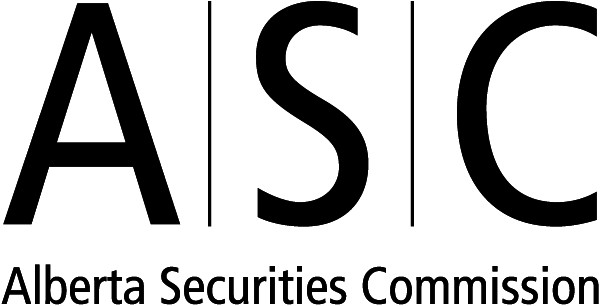Protections for Whistleblowers
The Securities Act (Alberta) now provides rigorous legal protections for whistleblowers. Whistleblower protections apply even if the information provided to the Commission does not result in enforcement action.
Protections for whistleblowers include:
- Confidentiality of the whistleblower’s identity as a whistleblower.
- A prohibition on reprisals against whistleblowers and their relatives.
- Legislated authority for the Alberta Securities Commission to investigate and take enforcement action where reprisals have occurred.
- A civil right of action against employers and co-workers who engage in reprisals.
- Immunity from liability for whistleblowing to the ASC, provided the whistleblower reasonably believed the information at the time of providing information to the ASC and was not involved in the misconduct.
In addition, employers cannot prohibit or obstruct anyone from becoming a whistleblower.
Confidentiality
By law, a whistleblower’s identity is confidential and can only be disclosed in limited circumstances. Even in ASC hearings or court trials, identifying information will remain confidential unless it is necessary to demonstrate that a respondent or defendant has not committed the alleged misconduct, or the whistleblower consents to its disclosure. As well, this information cannot be compelled to be provided under the Freedom of Information and Protection of Privacy Act (Alberta).
The ASC will not share a whistleblower's identity, or information that could reasonably be expected to reveal the whistleblower's identity, with another regulator or law enforcement agency without the whistleblower's consent.
Although whistleblowers will have their identify as whistleblowers protected by ASC staff to the extent permitted by law, whistleblowers may still be required to provide documents, other information, or testimony if an investigation and/or a hearing proceeds.
Reprisals
It is against the law to take a reprisal (or retaliate) against an employee, or a relative of the employee, for acting as a whistleblower to the ASC. The ASC has the power to take enforcement action under the Securities Act (Alberta) against employers or co-workers who take reprisals against whistleblowers.
Definition of a reprisal
As defined in the Securities Act (Alberta), reprisal essentially means any measure taken against an employee that adversely and materially affects their employment or working conditions. It includes but is not limited to:
- Dismissal
- Demotion or suspension
- Termination of a contract
- Harassment
- Threatening to do any of the above
Enforcement action by the ASC
The ASC has the authority to take enforcement action in the event a reprisal occurs. The ASC will assess all reports of reprisals and determine whether to investigate. Depending on the outcome of any investigation, this could lead to enforcement action under sections 194 or 198 of the Securities Act (Alberta) as appropriate.
If you have been subjected to a reprisal by your employer following the submission of a whistleblower tip to the ASC, you may complete and submit the Whistleblower Reprisal Reporting Form.
Note: ASC proceedings are brought in the public interest and the ASC does not have the power to seek remedies on behalf of a whistleblower.
Civil action and immunity
The Securities Act (Alberta) provides a civil right of action for whistleblowers who have experienced reprisals by employers or co-workers. The Act also provides limited immunity to whistleblowers. ASC staff are not involved in these civil action and immunity protections, and anyone who wants advice on these statutory provisions is advised to consult a lawyer.






